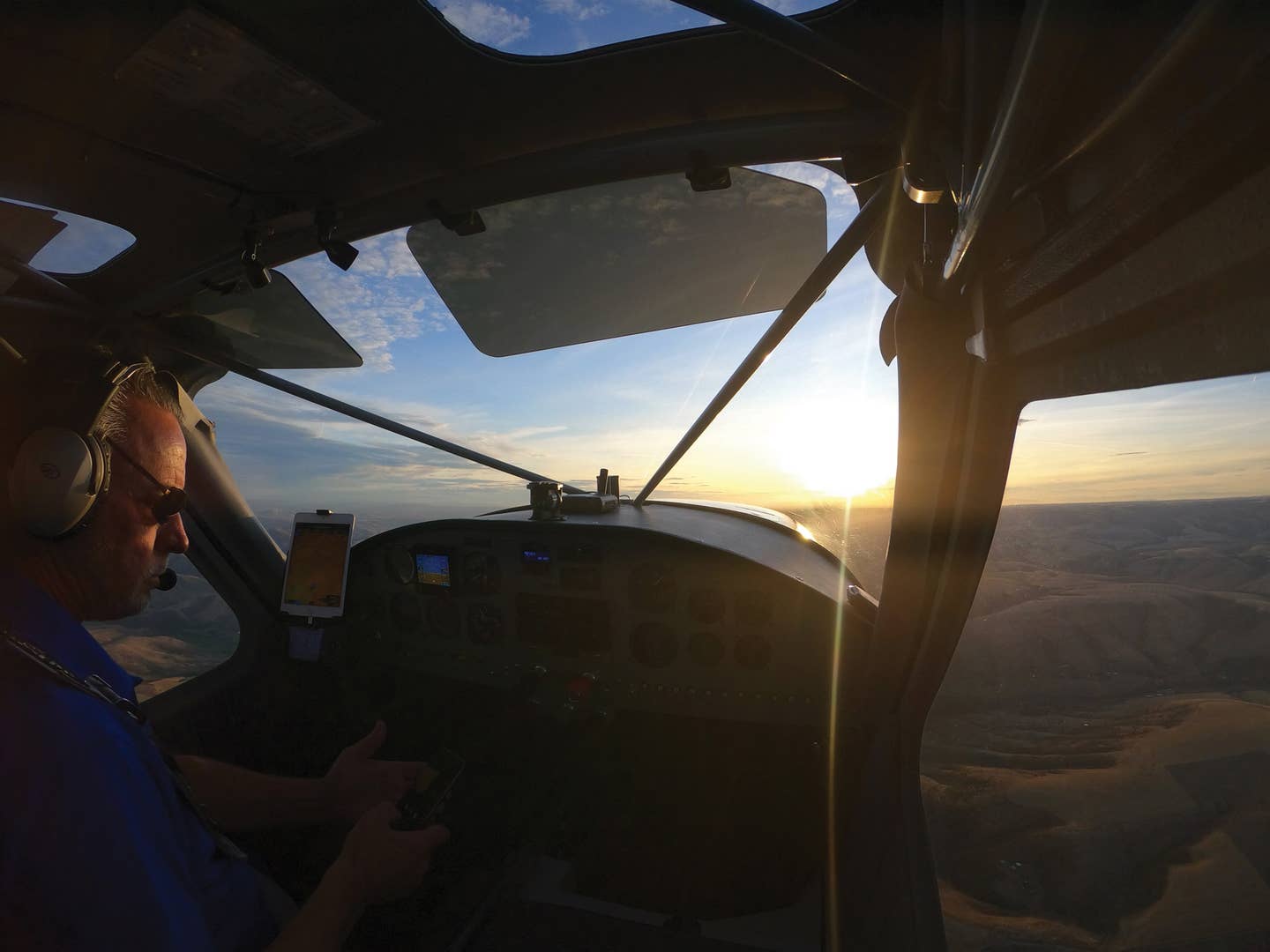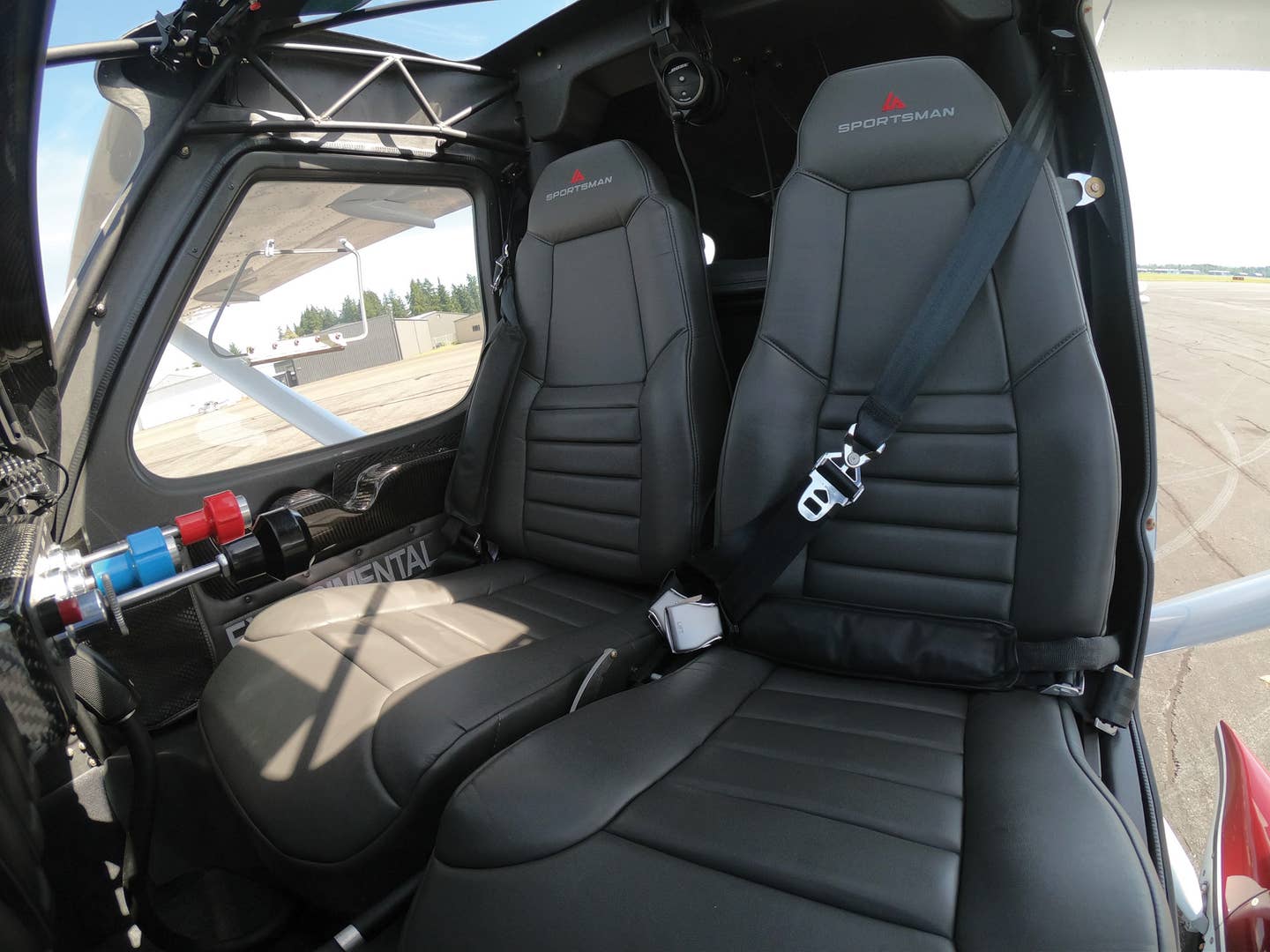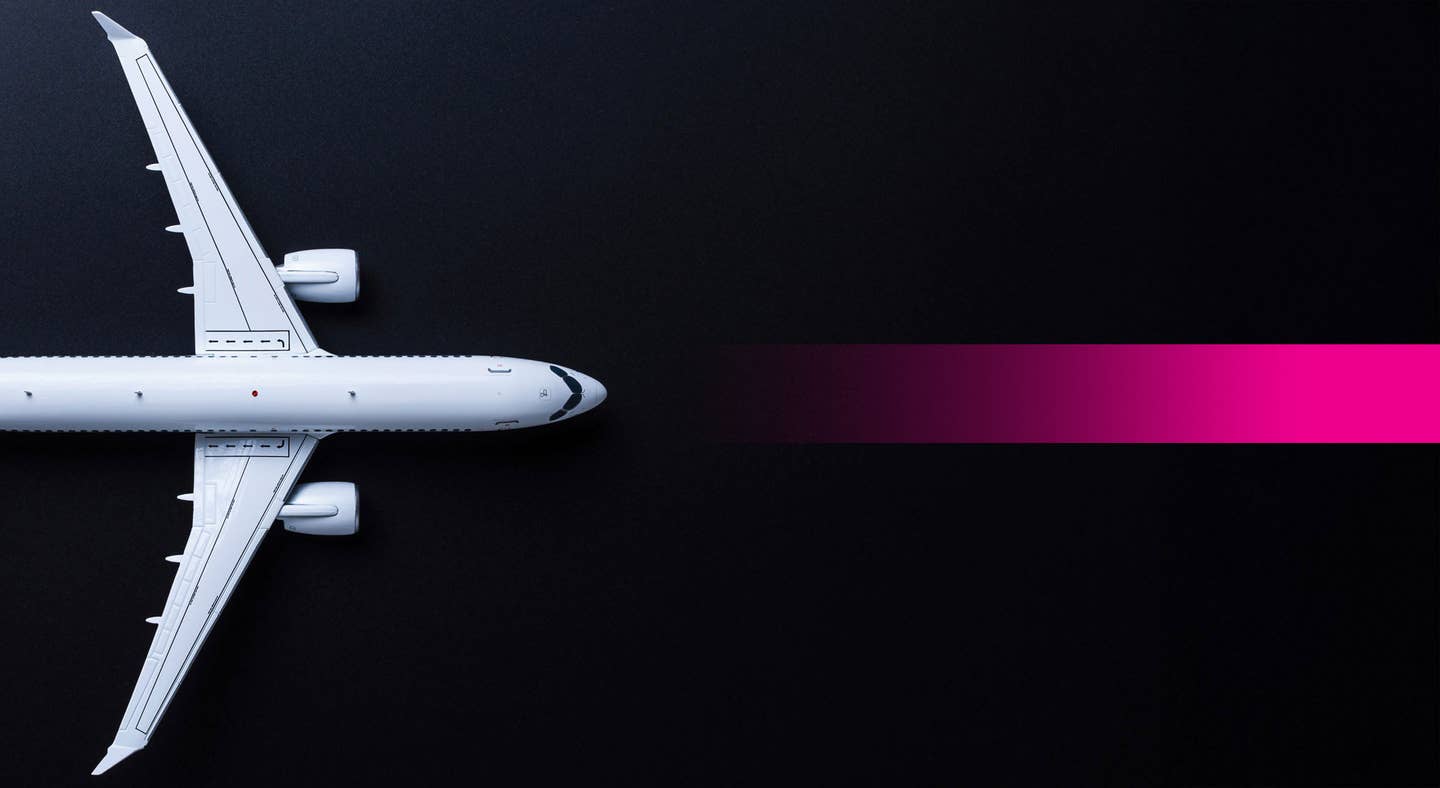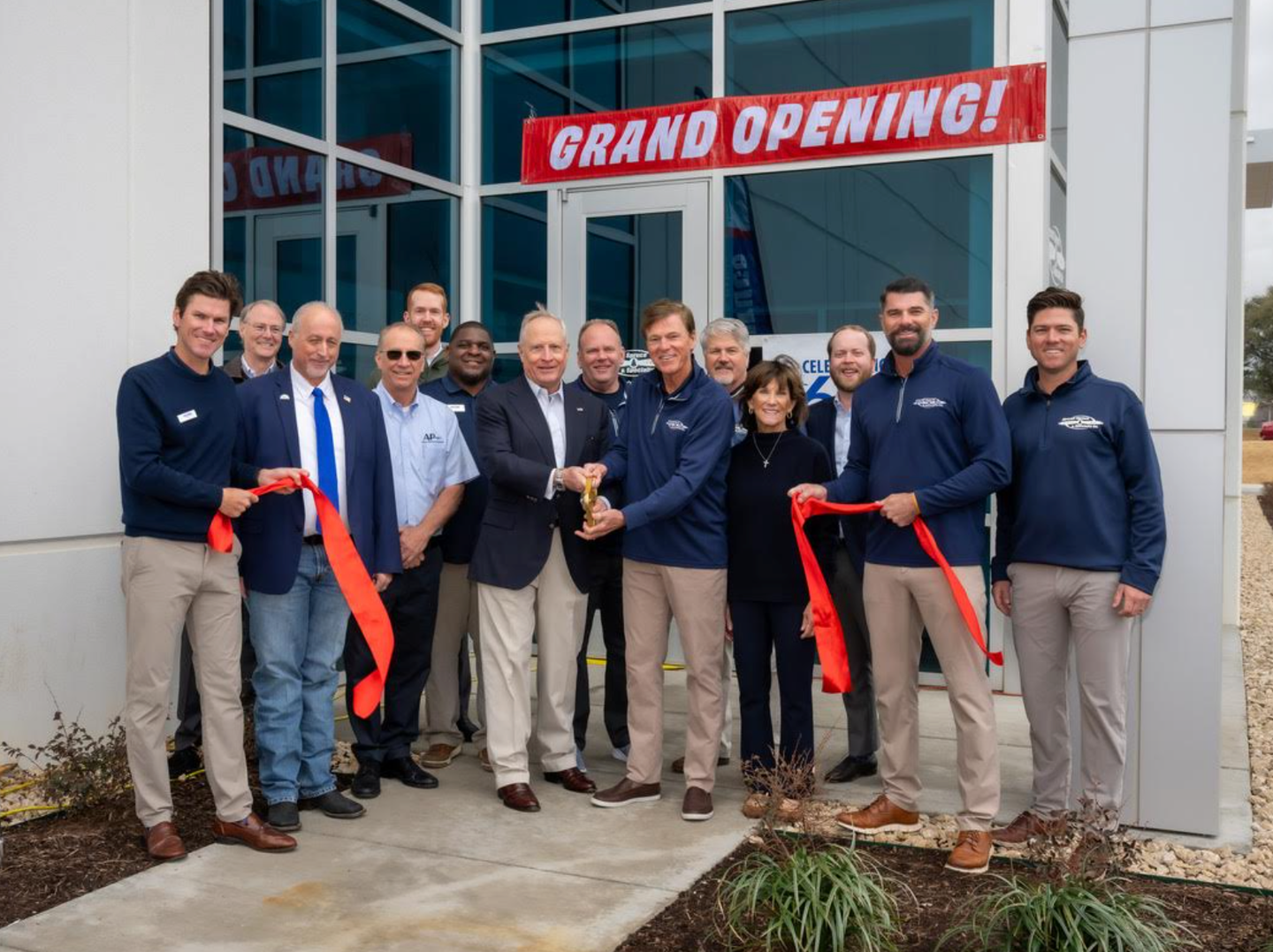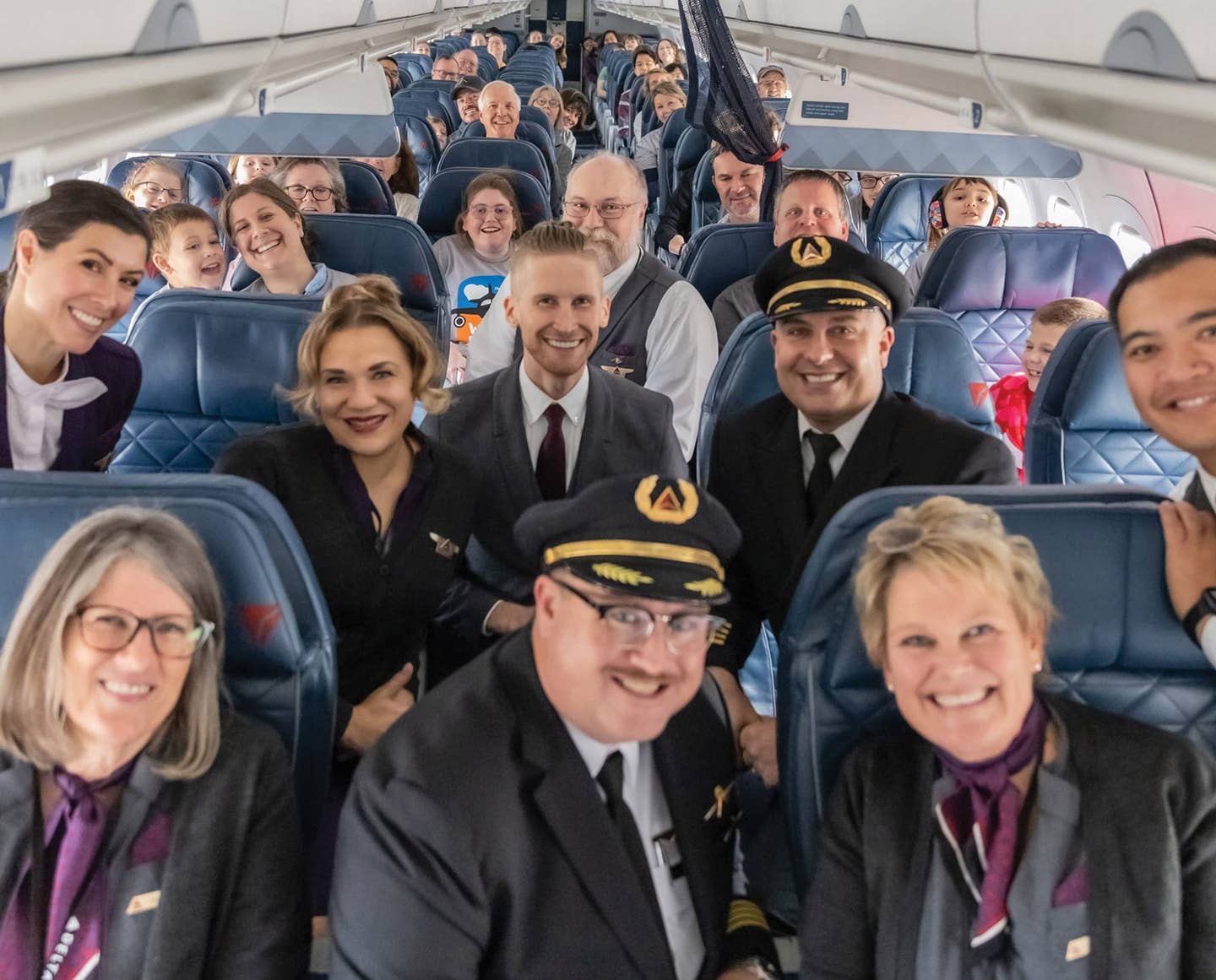 |
I was on downwind when I heard the transmission to the tower from an airplane that had just taken off: "Hey, the airplane that's holding short has his nose over the hold-short line. I think someone should do something about it. Some 'legislative action' [his words, not mine] should be taken." I couldn't believe what I was hearing and, to be honest, it was all I could do to keep from keying the mike and telling the guy to stuff it. No one likes a tattletale who takes it upon themselves to rat on fellow pilots.
The voice had a very indignant tone to it. As if the tower should pay special attention to everything he said. And it had a big-city accent and a generally condescending tone, as if here he was out in the sticks where the locals couldn't be trusted to run an airport, so he had to help them out with his expertise.
I could almost hear the tower operator roll his eyes. But, he had to follow up on the information, which is probably written into their operating regs. So, his next transmission was to the airplane holding short with the dreaded phrase, "Call this number when you get on the ground." I've gotten a few of those, and it's like finding a letter from the IRS in your mailbox: Until you open it, you don't know how bad the news is, but it's almost never good news. I'm positive the conversation the tower had with the offending pilot was on the order of "!and don't do it again." Still, the pilot probably had a few moments of heart stoppage until he got it cleared up.
Of course, the guy who made a federal case (literally) out of a fellow pilot's accidental screwup of getting on the brakes three feet too late trundled off over the horizon feeling smug. As if he had made his case and had a role in slapping the hand of someone who wasn't as good as he was. You could hear that in his voice through the entire transmission. I REALLY hate guys like that.
First, I want to make something absolutely clear: When a pilot is doing something obviously unsafe and illegal that demonstrates a willful fracturing of both the law and common sense, I'm not above blowing the whistle myself. I once happened across a guy who walked in from his airplane---staggered is a better word---to the coffee shop, clearly drunk. Not tipsy---drunk. And he had his wife or girlfriend with him. Worse, it was nighttime. I cornered the two of them and asked what his plans were for the evening. He responded that they were continuing on to Tulsa, and I told him that if his airplane wasn't still on the ramp the next morning, I was going to call the feds on him. Fortunately, I didn't have to make that call because he didn't take off. But I would have.
Those kinds of situations are easy calls: If someone didn't step in, someone was likely to get killed, and it may include someone on the ground, as well as the occupants of the airplane. No one needs another "drunk pilot" story in the papers. However, there are other situations where we may have the urge to say something to a pilot that aren't as clear-cut and, frankly, can be a little risky. If there's one thing that pilots don't like to hear from anyone, it's unsolicited criticism of their performance in the air. You can question their ability in any other part of life, but not their flying. And I've never understood exactly why.
If I'm doing something in the daily exercise of my right to fly that's unsafe or needs improvement, I want to hear about it. That's how we all get better. It's really easy to do things a particular way just because that's the way we've always done them and not recognize areas for improvement. I'm open to those kinds of thoughts and am constantly picking up procedures that I like that were taught to students by other instructors. For instance, I used to do a continuity check on the mags a couple times a week, but recently, one of my students would do a continuity check every time he shut the engine down. Just a simple, momentary, twist to "off" on the mags before pulling the mixture. I like it! So, now I try to do it myself. Granted, he didn't point it out to me as being a good idea, but if he had, I would have glommed on to it immediately, made it part of my standard shutdown procedure and thanked him accordingly.
So, how do we approach something that we see as being unsafe or poorly done? There's no pat answer to that. In fact, I'm not sure there's an answer to it that's not going to cause someone to get his shorts twisted into knots. I'm not certain I've ever seen anyone approach a pilot he didn't know and say, "Hey, the way you're flying final is going to bust your butt some time. It's dangerous." As much camaraderie as there is between pilots, there's also a lot of ego, and there's no way to assault said ego without bruising it, and that never goes well. This is a real shame, because every one of us is surrounded by aviators who know more than we do, yet we neither give, nor accept, unsolicited helpful criticism gracefully.
All of this having been said, I do have one ironclad personal guideline: Try to handle these kinds of problems one-on-one and don't get the feds involved unless it's absolutely necessary. Running to daddy to point out that little Jimmy isn't playing with his toys correctly is unacceptable. Pilots are pilots and, like it or not, we're all part of the same family, and family members don't rat on family.

Subscribe to Our Newsletter
Get the latest Plane & Pilot Magazine stories delivered directly to your inbox

